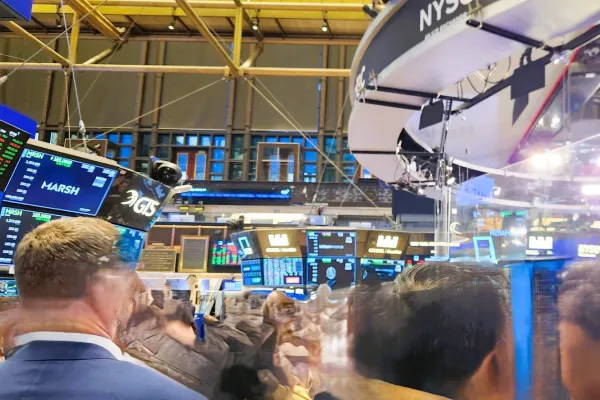Is the U.S. housing market a bubble set to burst, sending the economy into a tailspin? Common wisdom says no one will know until after there's been a collapse. Then there's Grace Wong, an assistant professor of real estate at the University of Pennsylvania's Wharton School, who says she has developed a diagnostic tool that may be able to detect a bubble before it becomes impossible to contain.
Wong, 26, studied the housing market in her native Hong Kong, where prices jumped by 50 percent from 1995 to 1997, only to fall by 57 percent between 1997 and 2002. Her conclusion: In a rising home-price environment, spikes in existing-home sales should be red flags. As Wong notes in a working paper, "The Anatomy of a Housing Bubble," between 1995 and 1997 the number of real estate transactions in Hong Kong jumped from 68,000 to 172,000.
She admits that Hong Kong's homogeneous housing stock, consisting mostly of large-scale apartment complexes, allowed her to control for mac-roeconomic and political factors, such as the U.K.'s handing control of the territory back to China in 1997, that might have affected prices. Her model, therefore, may be less useful when applied to more-heterogeneous markets like the U.S.
"It's not perfect," she says, "but it will be one of the first tools that might be able to provide evidence of whether there is a housing bubble."
Meanwhile, Wong doesn't appear to be too worried about what she sees in the U.S. She recently closed on a three-bedroom, 2,400-square-foot town house in Philadelphia for roughly $400,000. "This house sold at a reasonable price given the quality and the location," she says. "As a housing economist, I'm sup-
posed to be rational. But the top floor is one huge master suite, which is why I fell in love with the house."




